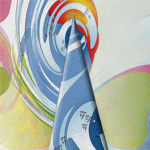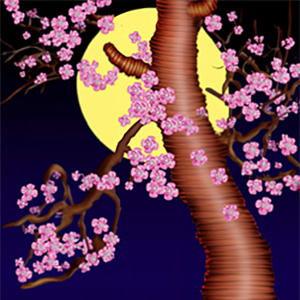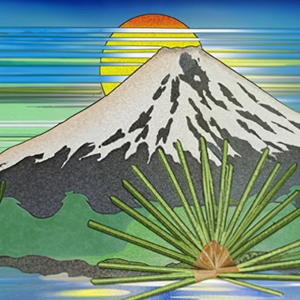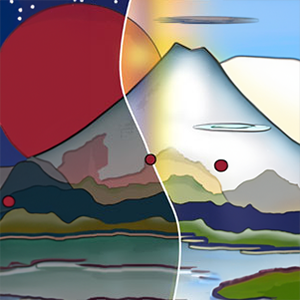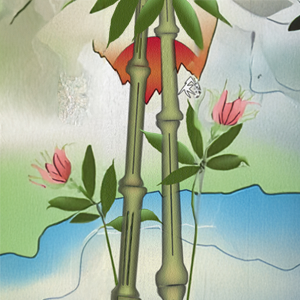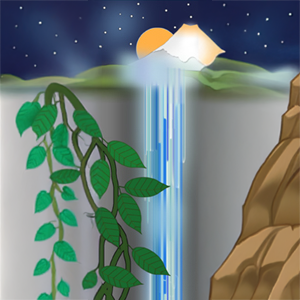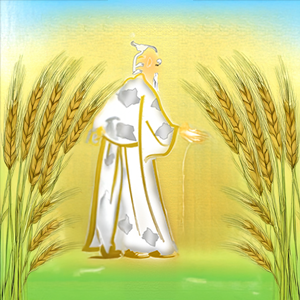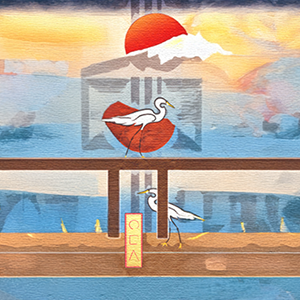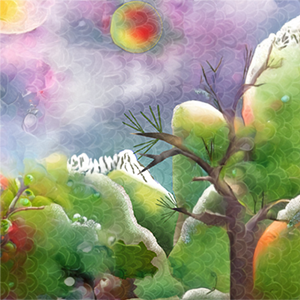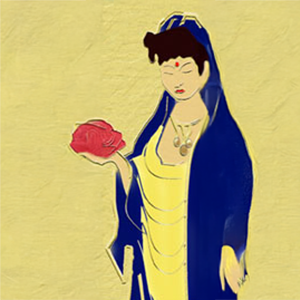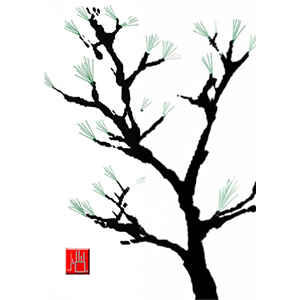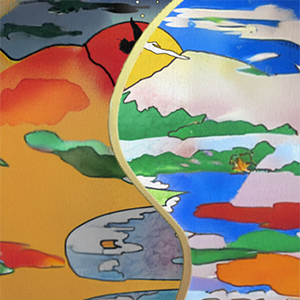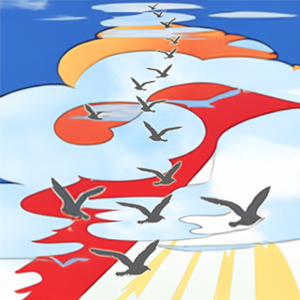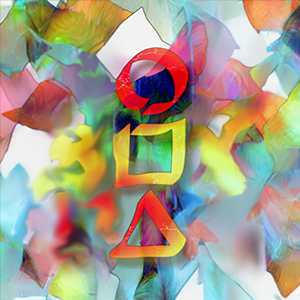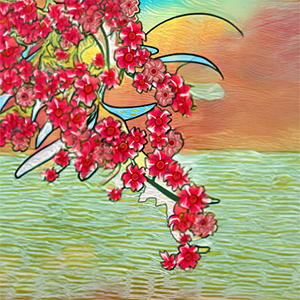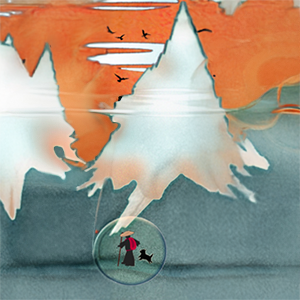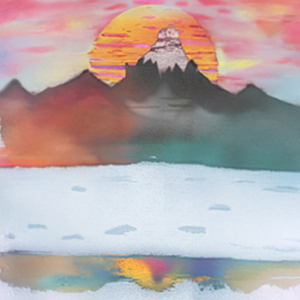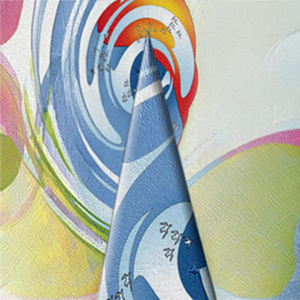Teisho Today Archives
Welcome to the Teisho Today archives, where we present our most recent Daily Zen Journals as audio files for your enjoyment. Over time, we aim to have the entire library of journals available in this format; however, this is a work in progress, as the first journal was released in 1998, and this is now 2026!
Join us on this journey as Daily Zen evolves and grows into the present moment, heading into our 25th year.
The Teishos are also available wherever you get your podcasts.
Zazen
Zen-sitting is the way of perfect tranquility: inwardly not a shadow of perception, outwardly not a shade of difference between phenomena. Iden-tified with yourself, you no longer think, nor do you seek enlightenment of the mind or disburdenment of illusion.

Jade Buddha Monastery
It is difficult because you are afraid of enduring hardship and because of your desire to be at ease. You should know all worldly occupations also require study and training before success can be achieved. How much more so when we want to learn wisdom from the sages in order to become Buddhas and Patriarchs. Can we reach our goal if we act carelessly?
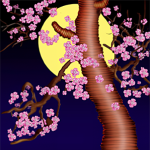
Calming the Mind
With all the journals there are always one or two sentences that jump out at us. They seem to be what the piece turns on for us here and now. This is a very ancient work, and it is interesting how much is conveyed in this excerpt. Read the Journal while listening.
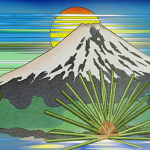
Tsung Ching Record of Hui Hai – Part 2
Once a man who practiced Ch’an asked the Master, “It is said that mind is identical with the Buddha, but which of these is really the Buddha?” A: “What do you suppose is not the Buddha? Point it out to me.” As there was no answer, the Master added, “If you comprehend the mind, the Buddha is omnipresent to you; but, if you do not awaken to it, you will remain astray and distant from him forever.”
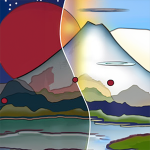
Treatise on Sitting Meditation
Question: The essence of sitting meditation is the nonproduction of a single thought; trying to stop thought by thought is like washing blood with blood—what should we do?

Zen Teachings of Huang Po
Our original Buddha-Nature is, in highest truth, devoid of any atom of objectivity. It is void, omnipresent, silent, pure; it is glorious and mysterious peaceful joy — and that is all. Enter deeply into it by awakening to it yourself. That which is before you is it, in all its fullness, utterly complete. There is naught beside.
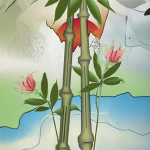
Notes on Meditation
Although the word “Zen” is derived from the Chinese transliteration of the Sanskrit dhyana, it is not the same as dhyana. Daito once said, “One may pass hours sitting in contemplation, but if he has no Zen, he is not my disciple.” On another occasion, a student came to Kwan-Zan to receive personal guidance.

Zen Mind, Beginner’s Mind
In the beginner’s mind there are many possibilities, but in the expert’s there are few.

Idle Talk on a Night Boat
On the day I first committed myself to a life of Zen practice, I pledged to summon all the faith and courage at my command and dedicate myself with steadfast resolve to the pursuit of the Buddha Way. I embarked on a regimen of rigorous austerities that I continued for several years, pushing myself relentlessly. One night, everything suddenly fell away.

Records of the Source Mirror
In this Record, I inquire exhaustively into the meaning of mind and investigate the explanations for consciousness. Generally speaking, there are an abundance of interpretations revealing a depth of style, substance, and reasoning.

Same Reality, Different Dreams
People may sleep on the same bed, under the same covers, yet their individual dreams are not the same. An ancient sage said, “We share the same one reality, yet do not realize it.”

The Threefold Question in Zen
The question, “What is Zen?” is at once easy and difficult to answer. It is easy because there is nothing that is not Zen. I lift my finger thus, and there is Zen. I sit in silence all day uttering no words, and there too is Zen. Your unborn mind is the Buddha-mind itself, and it is unconcerned with either birth or death. As evidence that it is, when you look at things, you’re able to see and distinguish them all at once.
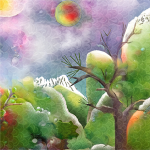
The Mirror of Zen – Part 4
Three things are essential in Zen meditation. The first is Great Faith. The second is Great Courage. The third is Great Doubt. If any one of these is missing, it becomes like a tripod cauldron that is missing one leg—it is of no use at all.
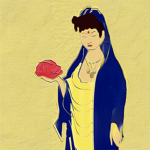
The Mirror of Zen – Part 3
There is only one thing, from the very beginning, infinitely bright and mysterious by nature. It was never born, and it never dies. It cannot be described or given a name. The appearance of all Buddhas and Patriarchs in this world can be likened to waves arising suddenly on a windless ocean.

Silent Illumination
The method of silent illumination is also known in Zen as shikantaza, from the Chinese zhiguan dazuo. In the West this has also become known as “just sitting.” If this method is used incorrectly, you may as well make tea by soaking stones in cold water.

West Mountain Evening Talk – Part 5
The monk asked, “Zen masters these days give a koan to their disciples. This makes students study words, doesn’t it?” The Master answered, “No, it doesn’t. Yuan-wu said, ‘Students who have just started Zen practice have no idea about it. ..”
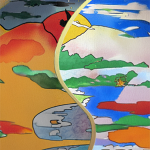
Transmission of Mind – Mind is the Buddha – Part 11
One day, after taking his seat in the great hall, the Master began as follows. Since Mind is the Buddha, it embraces all things, from the Buddhas at one extreme to the meanest of belly-crawling reptiles or insects at the other. All these alike share the Buddha-Nature and all are of the substance of the One Mind.
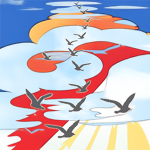
A Boatload of Moonlight – Letters of Yuanwu
The early sages lived with utmost frugality, and the ancient worthies overcame hardships and lived austerely. They purified their will in this, forgetting food and sleep. They studied with total concentration and accurate focus, seeking true realization.

Concentration and Wisdom are One Essence
To practice Chan, we begin with an afflicted mind and learn to discipline it. We then concentrate the mind to unify it, and eventually, we perceive the true nature of mind and realize enlightenment, which is the essence of Chan.
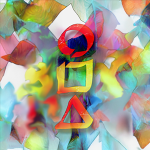
Passing Through Barriers
In the present time, people often think that having no intellectual knowledge is Zen, and so they don’t use scriptures or treatises. Instead, they say, “What is the need for scriptures and treatises in the special transmission outside doctrine?”
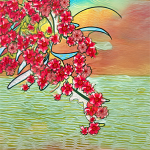
True Realization – Part 1
In lofty-minded people who genuinely work on the path, when the effort of inner seeking builds up and the power of concentration is full, then ordinary ideation and conscious feelings are all inactivated; reason and speech come to an end, and even the searching mind disappears at the same time.
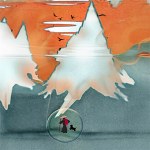
The Essentials of Chan Practice
The purpose of investigating Chan is to illuminate the Mind and see your self-nature. You must eradicate the mind’s impurities so as to personally perceive the true face of your self-nature.

Mud and Water
To move forward in the performance of good deeds without a break in one’s journey and to carry out one’s vow to completion is called virya. Sitting meditation is called dhyana. It means sitting in the correct posture in a quiet place and stilling the mind.
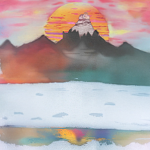
Record of the Thatched Hall on Mount Lu
K’uang Lu, so strange, so superb, it tops all mountains in the empire! The northern peak is called Incense Burner Peak, and the temple there is called Temple of Bequeathed Love. Between the temple and the peak is an area of superlative scenery, the finest in all Mount Lu.

The Record of Linji – Sangha Instruction
Stream enterers! It’s none other than you; in your venue of activities, right in front of you, no different from that of the Buddhas who are our patriarchs. You just don’t have confidence in this, and so right away proceed to external seeking.
